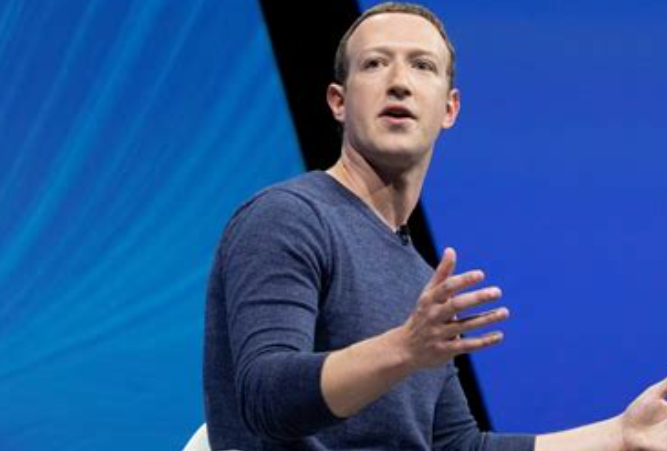In recent years, Mark Zuckerberg, the founder of Facebook, has invested billions of dollars in his ambitious plan to introduce humanity to the “Metaverse” – a digital realm that he has constructed and oversees.
Zuckerberg is wholeheartedly committed to his vision of the public engaging in their lives within the confines of the Metaverse. This dedication has led Facebook’s parent company, Meta, which also controls Instagram, WhatsApp, and the Metaverse, to allocate substantial resources to the project, resulting in significant financial losses for the tech giant.
The Metaverse stands as Meta’s latest endeavor to create products employing addictive algorithms and services, designed to captivate users. In 2021, Facebook whistleblower Frances Haugen accused Meta of targeting children and teens for financial gain, revealing a document that identified the youth demographic as a “valuable but untapped audience.”
Shortly after Haugen exposed the company’s tactics, Zuckerberg unveiled a sneak peek of Meta’s most captivating product to date: Facebook Horizon. The virtual tour of this new product, presented in a choreographed manner in October 2021, was criticized as “super weird.” The project, now known as the “Metaverse,” allows users to virtually live in a digital world accessed through a virtual reality (VR) headset like Facebook’s Oculus Quest.
Zuckerberg’s demonstration showcased how users could “hang out” with friends and hold virtual meetings without leaving their homes. However, it was seen as a conveniently timed rebranding effort and distraction from whistleblower documents and allegations. Around the same period, the parent company altered its name from Facebook to Meta.
According to the Associated Press, the launch and name change show that “Facebook ignored or downplayed internal warnings of the negative and often harmful consequences its algorithms wreaked across the world.”
After the name change, CEO Zuckerberg has invested more than $36 billion in bringing his Metaverse ambitions to life. According to investigative reporter Peter Schweizer’s new book, “Controligarchs: Exposing the Billionaire Class, Their Secret Deals, and the Globalist Plot to Dominate Your Life,” Zuckerberg’s ongoing efforts to make the Metaverse the most addictive product in history are just the beginning.
The book outlines Zuckerberg’s plans for the Metaverse, which include introducing new consumer products such as physical and biotechnological enhancements for the human body. Meta has filed a patent for bionic eyeballs, allowing users to carry their virtual reality with them everywhere. Additionally, Zuckerberg is exploring technologies like a “synthetic skin” prototype called ReSkin and pneumatic “haptic gloves” to provide users with a tangible experience in the Metaverse.
Innovations in scent technology are also underway, with scent blasters that release chemical mist to allow users to “smell” the Metaverse. The scents range from basic ones like chocolate and strawberry to more nuanced fragrances like “fascinate,” “annihilate,” and “carouse.”
Despite setbacks in Meta’s VR aspirations, Zuckerberg’s commitment to the Metaverse remains strong, as seen in the recent partnership with Ray-Ban and a strategic collaboration with China’s Tencent to make headsets more affordable. Controligarchs emphasizes that Meta’s short-term losses are outweighed by its long-term commitment to the Metaverse, supported by over five hundred major corporations.
Companies like Coca-Cola have introduced “pixel-flavored soda” born in the Metaverse, while another company, Taste the TV, has developed a method for users to “taste” the Metaverse by licking their screens. Although critics argue that Meta’s losses may signal the Metaverse’s failure, Apple is set to release augmented reality glasses called Apple Vision Pro.
The World Economic Forum (WEF) strongly supports the Metaverse, with thousands of pages on its website dedicated to the topic and initiatives like “Defining and Building the Metaverse.” The WEF is positioning itself as the authority on best practices for this digital world, advocating for the integration of “Digital ID” and “digital cash” into the Metaverse.
Zuckerberg’s Meta rebrand, criticized as a potential distraction from addiction concerns, raises the stakes, especially for children. Ongoing lawsuits by state attorneys general seek to uncover the addictive efforts of Meta, which some argue amount to mind control and an attempt to enslave humanity. Zuckerberg and his companies must be held accountable.







